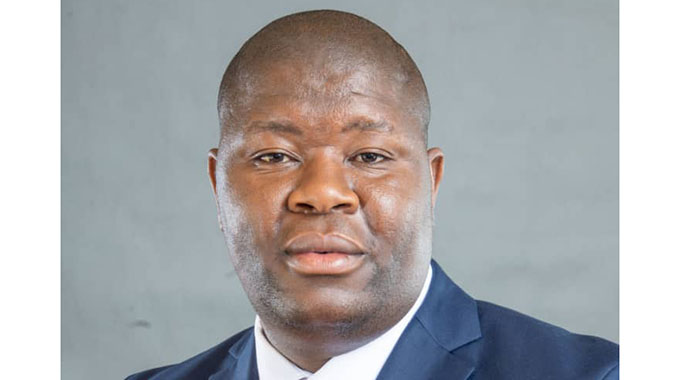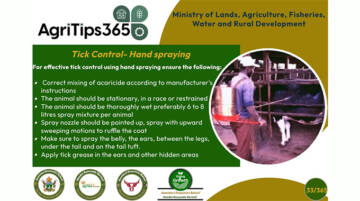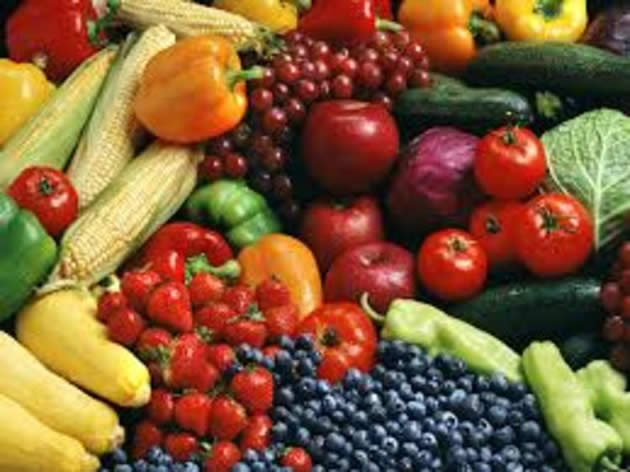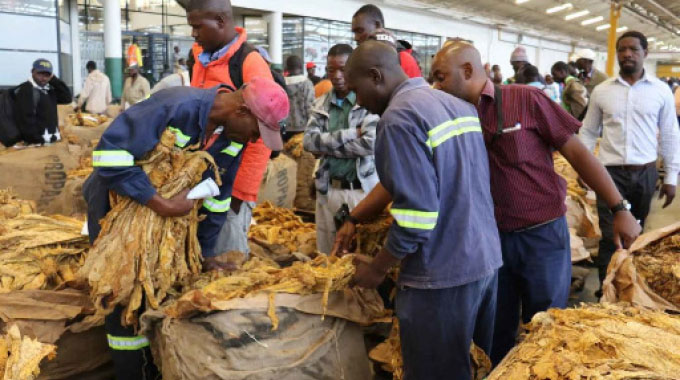Push to double horticulture export earnings

Agriculture Reporter
WITH the horticulture sector recently picking a spot among the country’s low-hanging fruits in terms of propping the economy, the Government has moved to implement progressive policies that will enable the sector to increase export earnings from last year’s US$64 million to US$143 million this year.
The Government’s efforts to see the sector performing viably got off with the launch of the US$30 million Horticulture Export Revolving Fund (HERF) to enhance horticulture’s contribution to the growth of the country’s export earnings and economic growth last year.
The fund is supported through the Special Drawing Rights (SDR) funding the country received from the International Monetary Fund (IMF).
Lands, Agriculture, Fisheries, Water and Rural Development Permanent Secretary Dr John Basera recently confirmed the availability of the funding saying it was fundamentally focusing on supporting horticultural farmers and those involved in exports.
He cited blueberries as an example horticultural crops whose production the country needed to expand since they are high value crops that do well under the Zimbabwean climate and soil conditions.
“We are going for growth and we are getting there and this horticulture export development fund will help to up-scale our numbers in the horticulture export space. Another upcoming value chain is the blueberries. In 2016 we had zero hectares of blueberries but now we are talking of 400 hectares. We are targeting about 470 hectares of the crop this year. This is a very high value crop that will earn the country a lot of foreign currency. Our climatic conditions allow us to get on to the blueberry market four weeks early and get the best price. We are also the last to leave the market – taking at least two to three selling our product after other producers would have gone. The horticultural space is going for growth in the agricultural space,” he said.
The country exported 4 700 tonnes of blueberries to Europe, the Middle East and other markets last year. There are also plans to increase output by 6 500 by the end of this year.
Horticultural Development Council (HDC) Chief Executive Officer Mrs Linda Nielsen recently noted that farmers had remained reluctant to take up loans citing stiff borrowing terms by banks, which she said was slowing the pace of the disbursement of Horticulture Export Revolving Fund meant to recapitalise horticulture exporting companies.
She said the participating banks were also reportedly asking farmers to meet a number of requirements before they could access the fund, which was putting off many of the potential borrowers.
“The disbursement of the fund has started at a slow pace as banks have various requirements that beneficiaries need to satisfy. Farmers need to prove their export status through submission of customs declaration forms, which are used when exporting. This requirement automatically excludes new exporters – the very sector that we want to develop,” said Mrs Nielsen.








Comments